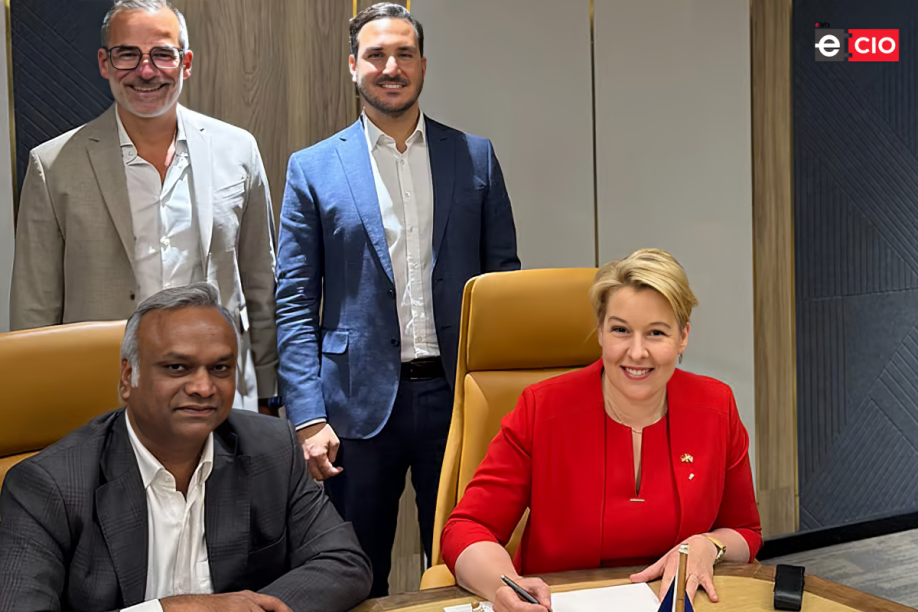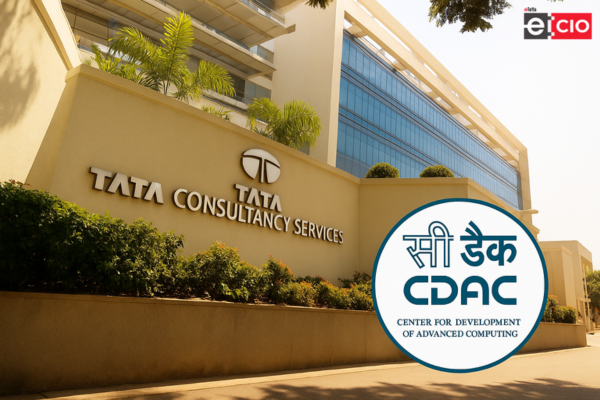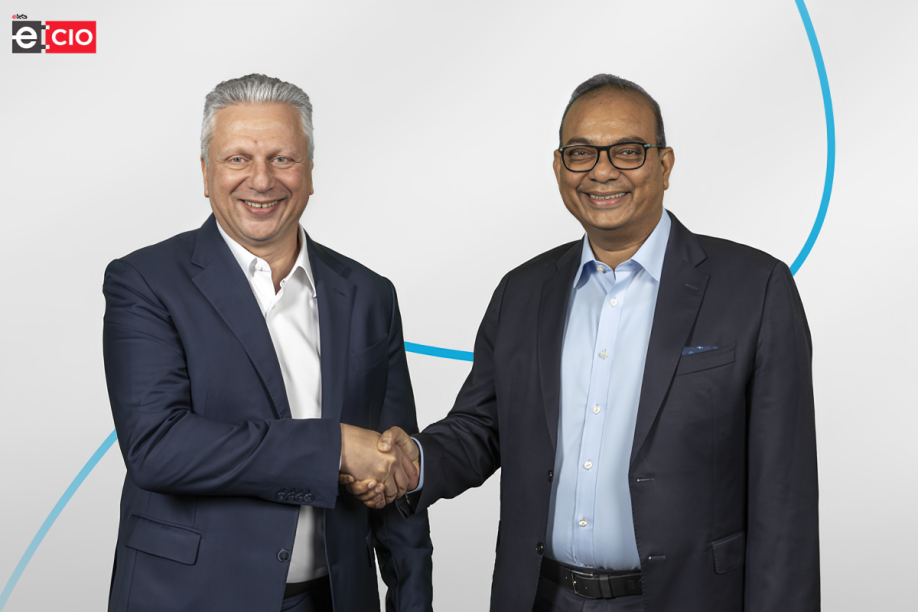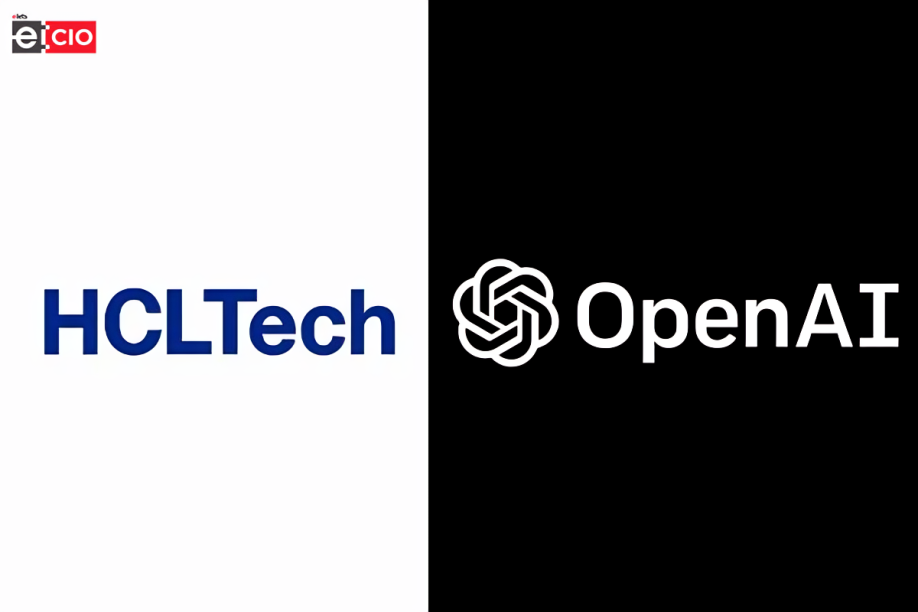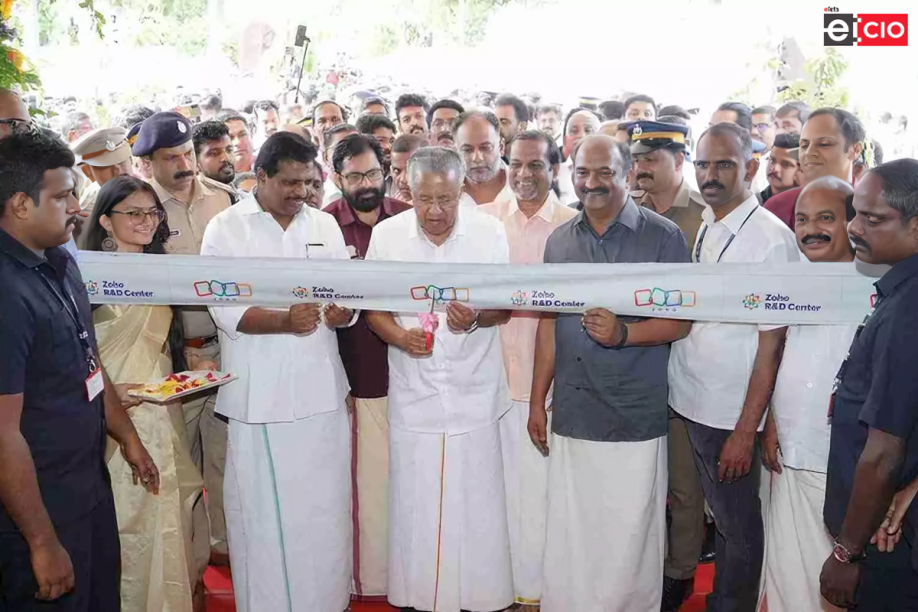
Google CEO Sundar Pichai has outlined the company’s focus on Artificial Intelligence (AI) in 2025, sharing plans through an email to employees. Following a notable year in 2024, which included major AI developments such as Gemini 2.0 and Willow, the company is gearing up for further advancements.
Pichai highlighted Google’s success in 2024, citing achievements across Search, YouTube, Cloud, Android, and Pixel, all driven by the company’s AI capabilities. He expressed confidence that this momentum would continue, with several new products and features planned for release in the coming months.

Upcoming AI Initiatives
In the email, Pichai mentioned reviewing demonstrations for products and features set to launch soon. Though details were sparse, he described the progress as remarkable. These developments are expected to align with Google I/O, which is typically held in May.

Key initiatives include the rollout of Gemini 2.0 Flash for developers by the end of January and further integration of Gemini 2.0 across Google’s services. NotebookLM Plus is also scheduled to become available for Google One subscribers early in 2025. Additionally, AI Overviews in Search are set to expand, reflecting Google’s ongoing effort to embed AI across its ecosystem.

Also Read :- Hyderabad to Host Eli Lilly’s Next Global Capability Centre
Personalised Features and New Tools
Google recently began testing “Daily Listen,” a personalised podcast feature available through Search Labs. This tool delivers tailored stories and topics, offering users a more customised experience.
Meanwhile, Gemini 2.0 Flash is expected to transition from its “Experimental” status, with more features planned for paid subscribers. The company’s strategy also includes addressing regulatory issues and responding to competitive pressures in the AI space.
A Critical Year for AI
Pichai referred to 2025 as a pivotal year for Google’s AI journey, urging employees to focus on leveraging technology to address real-world challenges. At a recent strategy meeting, he described the year as a disruptive moment, calling for relentless efforts to unlock AI’s potential.
He also acknowledged the wider context of these developments, referencing the ongoing impact of wildfires in Southern California.
Be a part of Elets Collaborative Initiatives. Join Us for Upcoming Events and explore business opportunities. Like us on Facebook , connect with us on LinkedIn and follow us on Twitter.
"Exciting news! Elets technomedia is now on WhatsApp Channels Subscribe today by clicking the link and stay updated with the latest insights!" Click here!






